7 Elderflower Benefits, Risks and Uses

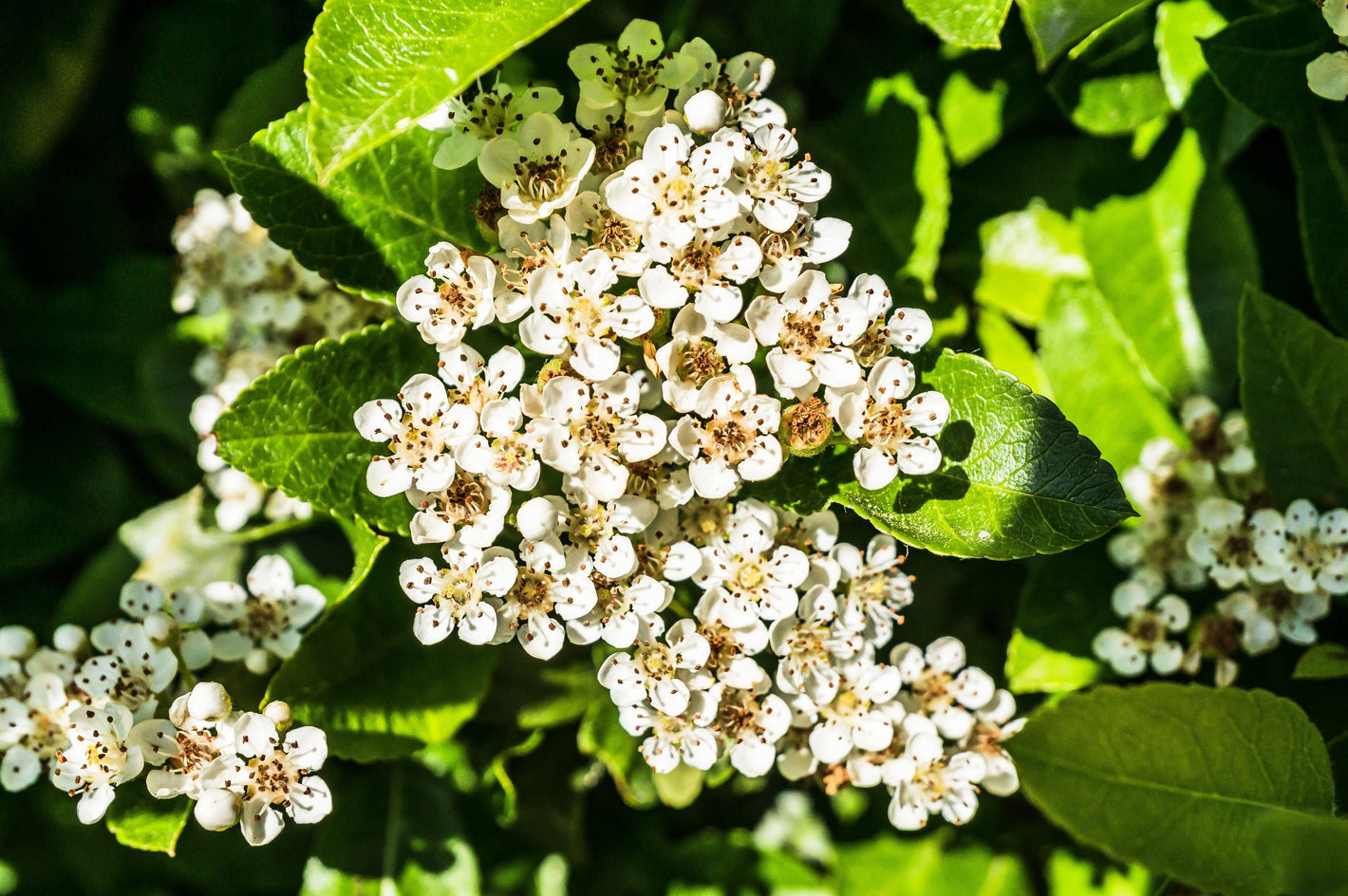
Related products

Despite limited research, many studies have highlighted the elderflower's potential benefits and uses and noted its antidiabetic, anti-inflammatory and antioxidant properties.
Benefits & Uses of Elderflower
Some potential benefits and uses are.
As a treatment for colds, sinus infections and flu
The elderberries and elderflowers help prepare supplements and medicines for colds and coughs. Despite limited evidence, promising research data is available to support these findings. For example, a review by Professor Mohaddese in Iran noted that the products containing elderflowers and related herbs are beneficial for sinus infections when used alongside traditional antibiotics.

The elderflower-based products help reduce swelling of mucous membranes, reduce nasal congestion, alleviate headaches and promote drainage. However, more clinical data is necessary due to sufficient evidence. The elderflower-based products also help treat the flu, and the people using these herbs for 48 hours observed a significant improvement in the symptoms, e.g., headache, nasal congestion, muscle aches, fever and cough.
However, the experts advise that elderflower-based products do not substitute vaccinations and other proven treatments for cold and flu. Visit our cold & flu medication blog and start online consultation with Welzo health professionals.
Control of blood sugar levels
Limited studies exist on the topic, although elderflowers and elderberries are rich in many bioactive compounds that lower blood glucose levels, improve blood pressure and help reduce body weight. A study by Professor Giang Thanh Thi Ho and colleagues in Norway in 2017 noted that the phenolic bioactive compounds in elderflowers improve insulin secretion and glucose metabolism. Insulin reduces sugar levels in the bloodstream.
Further research published by the Journal of Functional Foods in 2018 indicated that the people using supplements containing elderberries and elderflowers experienced up to 7 pounds of weight loss, 3% lower BMI, 5% lower systolic blood pressure and a 2.5% lower diastolic pressure. These people experienced improved mental and physical well-being and overall quality of life.
Relieves constipation
Elderflower tea promises to relieve constipation. The research noted that it helps relieve chronic constipation in as many as two days. The study participants using elderflower tea experienced significant advances in waste movement through the digestive system (large intestine, colon, or transit time).

Yet, more research is necessary on the topic before any solid recommendations.
Detoxification properties
In Germany, black elder is used to promote diaphoresis (more sweating) and lower chills associated with the fever. Likewise, a German commission E has approved using elderflowers to treat common colds.
This Commission E is a committee like the FDA and includes many doctors, pharmacists, toxicologists and other scientists. It is not yet an FDA-approved remedy to promote diaphoresis, but many experts believe it promotes diaphoresis and helps the body get rid of toxins.
Due to this reason, elderflower has long been used as a diuretic as it removes salt and excess water from the body.
Help decrease gingivitis
Although more research is lacking, a review noted that the people using Sambucus nigra in combination with other anti-gingivitis products (at least thrice daily) experienced lower inflammation and gingivitis. Significant improvements were observed within a few days of regular use.
After 14 days of regular use, the participants noted a significant improvement in their gingivitis index score, used to rank it on a score of 0-3. However, more research on the topic is necessary as the role played by the elders is not known.
Dosage guidelines
Elderflower is used in prepared foods or as tea. It is also present in many beverages, OTC medications, supplements and pre-prepared foods. Some people use it as a mouthwash and in perfumes. Due to this variety, there are no standard guidelines for dosage. Yet, the research on the topic uses many dosages.

One study, for example, recommended that adults use 3.9g of dried elderflower daily for eight (8) days. Some specific dosage guidelines are,
Sinus infections
The medications for common colds and sinus infections, e.g., Sinupret Forte, contain 36mg of elderflower. Such medications are taken thrice daily for up to 14 days.
For skin conditions
Several handfuls of fresh elderflowers are mixed with liquefied petroleum jelly to prepare a skin cream. Allow the mixture to solidify after filtering it. This cream is also effective for arthritis.
Obesity treatment
For obesity, use 3.9g of dried elderflowers with dry asparagus (40.5g), dried elderberries (225mg), elderberry juice (120g) and elderflower extract (600mg). Experts recommend taking it with a few teaspoons of psyllium.
For constipation
Combine 600mg of senna flower with 500mg elderflower, 200mg anise fruit and 200mg fennel to make tea. Take it three times daily for five (5) days.
Safety and side effects of elderflower
Elderflower is safe, and recent research has established its food safety as long as the hydrogen cyanide levels are under 25 ppm. The existing research noted no side effects. However, people allergic to elderflowers, with grass and honeysuckle allergies, must not use them.
Drug interactions
It also interacts with many routine medications. As the elderflower lowers blood glucose levels, it often increases the efficacy of diabetic medications, e.g., metformin and supplements to reduce blood glucose levels, e.g., fenugreek and alpha-linoleic acid.
As it lowers blood pressure, avoid using it with blood pressure medications. Likewise, people using diuretics and those undergoing chemotherapy must be cautious. It is well-tolerated in the amounts present in the beverages and food. It also causes very few side effects when used with medicines.

However, as it is not well-studied, it may cause unknown side effects that need investigation. It is necessary to avoid using it, particularly its topical application for people with elderflower and honeysuckle allergies, to avoid allergic reactions. Likewise, elderberries are not eaten raw due to the risk of vomiting, nausea and cyanide poisoning.
Using too much elderflower causes symptoms, e.g., stomach upsets and diarrhoea. However, the research is still unclear if these signs are due to elderflower or the other ingredients, e.g., senna flowers, fennel and anise fruit.
Frequently Asked Questions
What are the unique health benefits of elderflower?
Though more research is necessary, it helps reduce cold and flu symptoms, treats constipation and gingivitis and controls blood glucose levels. Its safety is well-recognized by agencies, e.g., the FDA.
What are some methods to use elderflower?
Its use is in baking, cordials, glycerate, tonics and herbal teas. Try picking the flowers during the day when they are at full potency and dry them gently before use.
Is elderflower healthy for kidneys?
Many previous studies have demonstrated its nephroprotective effects on renal morphology and functions. Its extract is rich in flavonoids, the known, potent antioxidants.
Does elderflower promote sleep?
Elderflower tea is beneficial against insomnia, nervous disorders and anxiety. These flowers provide vitamin C and many other antioxidants. Mature elderflowers have laxative properties but cause vomiting and nausea when used in large quantities.
Is elderflower a superfood?
It contains flavonoids and many other bioactive compounds that boost immunity. Research has indicated its anti-pathogenic potential. Likewise, it works excellently as a treatment for flu and colds.
Has elderflower cholesterol-lowering properties?
Elderflower reduces blood glucose levels and cholesterol levels in many people. Its antioxidant properties help reduce cholesterol levels like insulin.
How is it for immunity?
Elderberries and related products have vitamins and antioxidants that boost immunity. They reduce inflammation and stress and improve heart health. The experts recommend taking it for the symptoms of flu and cold.

Bottom-line
The elderflower is a white creamy flower associated with the black elder tree. It has enormous medicinal uses. Although research findings are limited, the available evidence suggests that it helps reduce flu and cold symptoms, treats constipation and gingivitis and helps control the blood glucose levels. It is recognized as safe by the FDA and related agencies.
Yet, it causes allergies in some people with honeysuckle and grass allergies and people taking blood pressure medications and antidiabetics must avoid it. Consult a healthcare provider before using elderberries, elderflower and related compounds to ensure health safety.
Welzo offers Rescue Soothing Pastilles Orange & Elderflower and Ricola Swiss Herbal Sweets Elderflower, both containing elderflower. Visit the respective pages to learn more and order them.



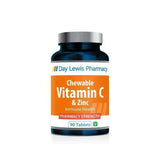
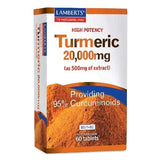
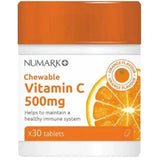
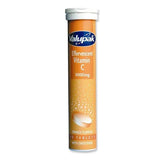



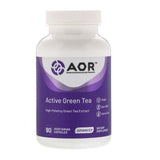

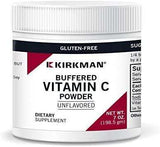



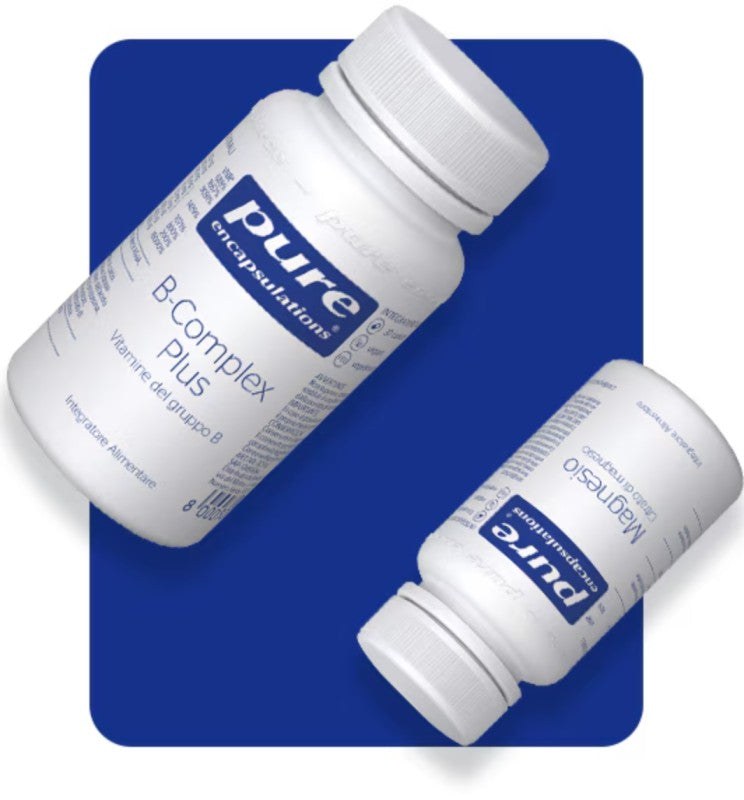

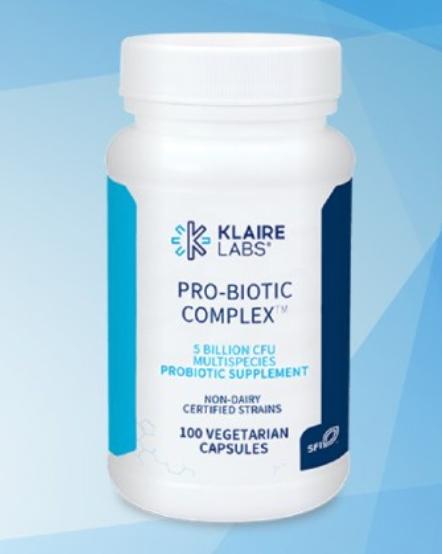
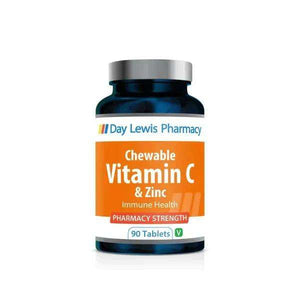
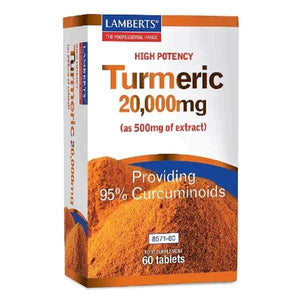
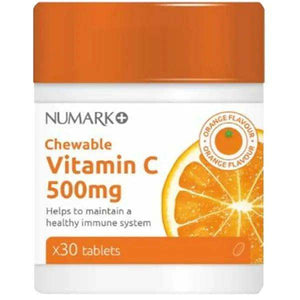
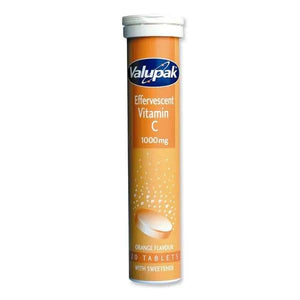



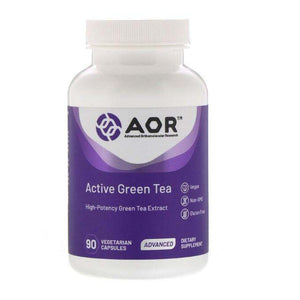
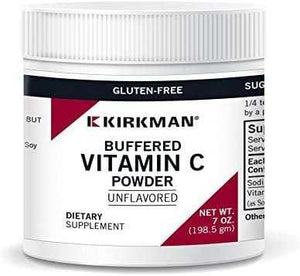


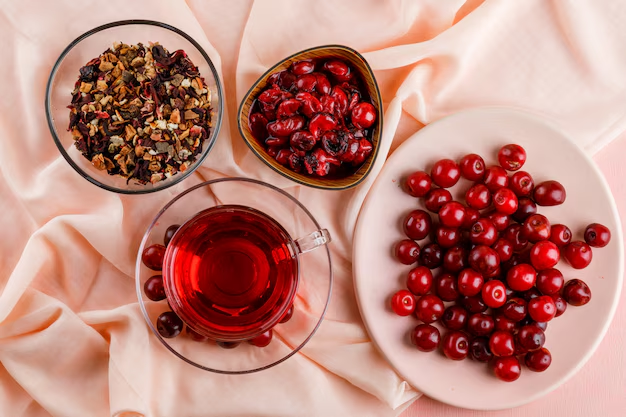


 Rated Excellent by 26,523+ Reviews
Rated Excellent by 26,523+ Reviews